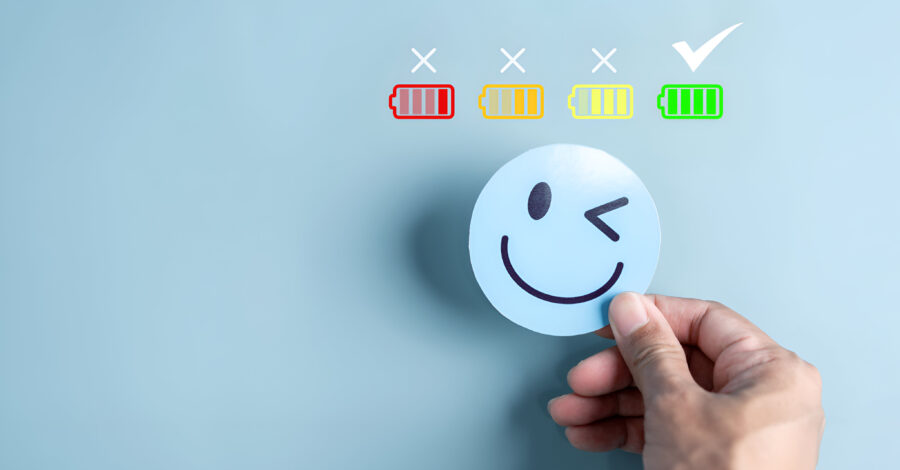In today’s hyperconnected world, social media has become an integral part of our lives. We scroll through our feeds, checking for updates, likes, and comments, seeking that dopamine rush that comes with virtual validation. However, this constant pursuit of social media gratification can have detrimental effects on our mental health and well-being.
The Dopamine Effect
Dopamine, a neurotransmitter in the brain, plays a crucial role in motivation, reward, and addiction. When we engage in activities we enjoy, such as exercising, eating delicious food, or spending time with loved ones, our brains release dopamine, creating a sense of pleasure and satisfaction.
Social media platforms are designed to exploit this dopamine reward system. With every notification, like, or comment, our brains get a hit of dopamine, reinforcing the behavior of checking our phones and engaging with social media. This constant stimulation can lead to “dopamine addiction,” where we crave the virtual rewards of social media and struggle to find fulfillment in other aspects of our lives.
The Negative Impact of Social Media
The excessive use of social media has been linked to a range of negative mental health consequences, including:
- Anxiety and Depression: The constant comparison to others’ carefully curated online personas can fuel feelings of inadequacy, leading to anxiety and depression.
- Low Self-Esteem: The emphasis on appearance, popularity, and material possessions on social media can contribute to low self-esteem and body image issues.
- Fear of Missing Out (FOMO): The perception that others are having more exciting and fulfilling lives can trigger feelings of FOMO, leading to dissatisfaction with one’s own life.
- Addiction: The addictive nature of social media can lead to compulsive use, interfering with work, relationships, and sleep patterns.
Taking Back Control
The good news is that we can take back control of our dopamine levels and social media usage. Here are some actionable steps to reduce social media’s negative impact:
- Set Time Limits: Establish clear time limits for social media use and stick to them. Use apps or website blockers to restrict access during certain times of the day or days of the week.
- Turn Off Notifications: Disable notifications from social media apps to minimize distractions and reduce the urge to constantly check your phone.
- Schedule Breaks: Take regular breaks from social media throughout the day to engage in non-screen activities like exercise, reading, or spending time with loved ones.
- Delete Apps: If necessary, consider deleting social media apps from your phone altogether. This can be a drastic but effective step to break the cycle of compulsive checking.
The Power of AppBlock
To take back control over social media use and the associated dopamine cycle, you need a powerful ally like AppBlock. Here’s how this intuitive tool can help you conquer the challenges:
- Scheduled Blocking: Social media thrives on notifications and immediate gratification. With AppBlock, you can schedule blocking sessions that align with your productive hours, ensuring that apps and websites are inaccessible when you need to focus on work, study, or other activities.
- Quick Block for Immediate Relief: If you find yourself spiraling into mindless scrolling, AppBlock’s Quick Block feature is there to provide instant assistance. Just tap the “Start” button and instantly block distracting apps and websites for an immediate productivity boost.
- Strict Mode for Accountability: Struggling to stick with your blocking sessions? Activate Strict Mode to prevent tampering with your schedules or Quick Block settings. This feature requires extra steps or even a password to modify or disable your settings, helping you commit to your digital health goals.
- Insightful Reports: Understand your habits better with AppBlock’s comprehensive reports on usage patterns. By identifying your most-used apps and websites, you’ll be more empowered to make mindful adjustments to reduce screen time.
- Healthy Time Limits: Set precise time limits for specific apps to control your daily usage. Whether it’s limiting social media to 30 minutes a day or restricting notifications after work hours, AppBlock lets you set practical boundaries.
By leveraging these features, you can begin to reclaim your time, productivity, and mental well-being. AppBlock serves not just as a blocker, but as a supportive tool to help you build healthier habits and find genuine joy and fulfillment in life.
Conclusion
Taking control of your dopamine levels and social media usage is essential for maintaining mental health and well-being. By implementing the strategies outlined above and utilizing tools like AppBlock, you can break free from the addictive cycle of social media and reclaim your time, attention, and happiness especially with support from a dopamine detox app.
Remember, social media should be a tool to connect and share, not a source of constant comparison and self-doubt. Prioritize your mental health, engage in real-world interactions, and pursue activities that bring you genuine joy and fulfillment. Your brain, and your life, will thank you for it.sharemore_vert
